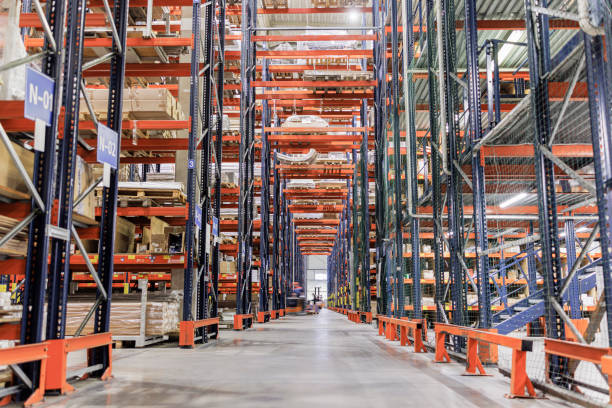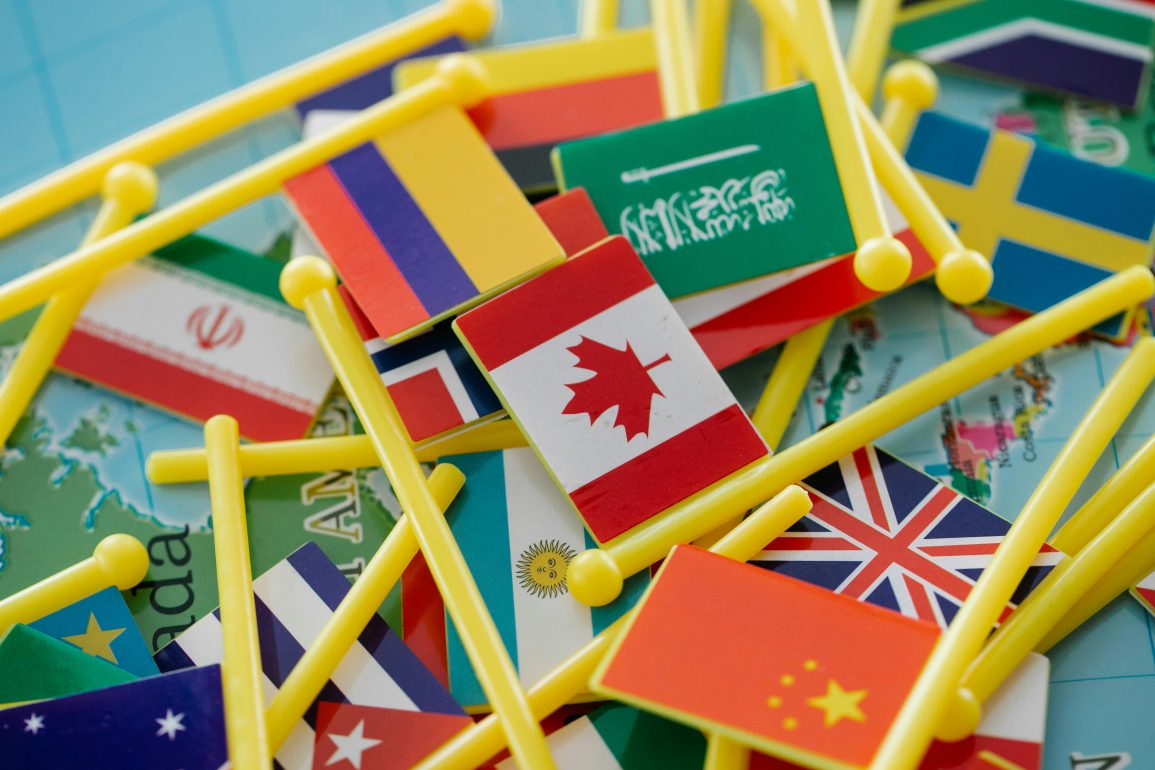The impact of soaring essential prices is becoming a dominant political force worldwide, shaping the outcome of recent elections in major economies.
In the US, where Donald Trump secured a significant victory, 75% of Republican voters reported experiencing hardship due to price increases, compared to only 25% of Democrats.
This sharp divide highlights how essential costs, from food to energy, are affecting political allegiances, with many Americans feeling worse off than four years ago.
This trend is not isolated. In India, Prime Minister Narendra Modi, once seen as politically invincible, lost his parliamentary majority amidst rising food prices.
The cost of rice, for example, reached its highest point in a decade despite government interventions.
More than a quarter of Indian voters cited inflation as their top concern, reflecting a broader dissatisfaction with the government’s handling of economic pressures.
In Japan, the conservative coalition, led by the Liberal Democratic Party, also suffered setbacks after a rise in the price of rice by 63%, attributed to both a weaker yen and extreme weather conditions.
For decades, Japan had been accustomed to low inflation and stable wages, making these price hikes a rude political awakening.
Across the globe, the surge in essential prices is exacerbated by climate change.

In the UK, olive oil prices have risen by as much as 90%, while butter prices across Europe have soared over 80%.
These increases are a direct result of environmental factors like droughts and extreme weather, affecting harvests in key regions such as the Mediterranean and West Africa.
As these price hikes continue, they are revealing a disconnect between economic indicators and the lived experiences of everyday citizens.
While official inflation figures may show moderate growth, they fail to capture the impact of rising costs on essential goods.
This disparity is particularly evident among lower-income households, who spend a larger portion of their income on essentials, and thus feel the effects of inflation more acutely.
The global response to these crises is often inadequate.
Traditional policy tools, such as raising interest rates, do little to address the root causes of supply shortages, such as poor harvests or geopolitical instability.
To address this, experts suggest three key steps: implementing wealth taxes to curb profiteering, introducing targeted price controls to stabilize essential goods, and investing in local supply chains to ensure resilience against future shocks.
As we face a world increasingly shaped by climate change and geopolitical tensions, the current economic systems seem ill-equipped to handle these challenges. The need for more adaptive and sustainable solutions has never been more urgent.

